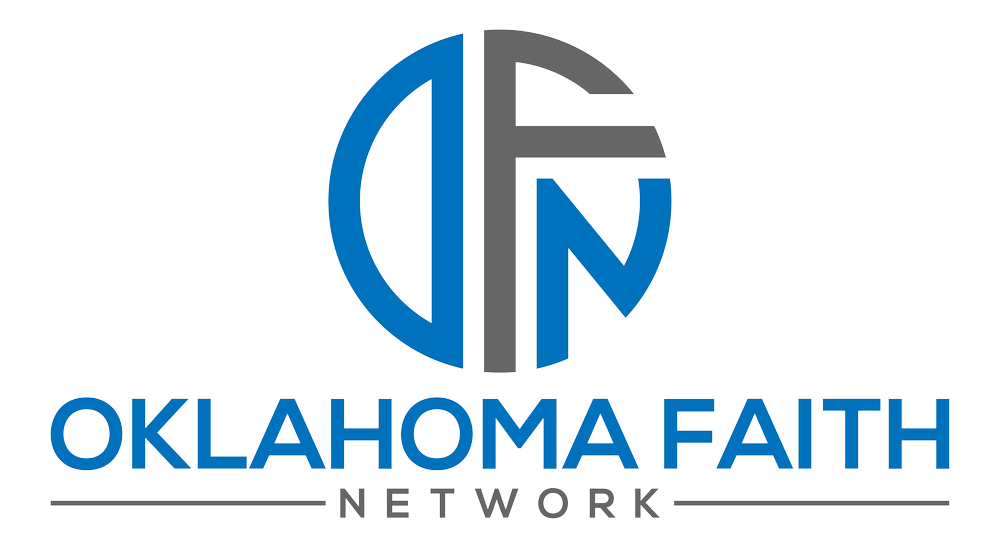Separation of Church and State FAQs
Why is the “Separation of Church and State” important?
The separation of church and state is vital to the respect of religious freedom in the United States. A person’s faith and religion are highly personal, intimate, and cultural parts of life. Keeping government separate from the work of religion allows for an even playing field for the diverse faith traditions that make up our country. It also promotes safe space for expression of faith because the authority of the government does not have jurisdiction over religion. Without this fundamental separation, the religion of the few and the powerful would become governed by authority, stripping away an individual’s ability to practice their personal faith safely.
Is the separation of church and state in the Constitution?
Yes! Although the exact wording of “separation of church and state” is not an exact quote, the First Amendment of the United States established this wall of separation in what is known as the establishment clause. The establishment clause states that “Congress shall make no law respecting an establishment of religion, or prohibiting the free exercise thereof,” making it clear that the government has no role in religion or religious practices.
Additionally, the Oklahoma Constitution states that “no public money or property shall ever be appropriated, applied, donated, or used, directly, or indirectly, for the use, benefit, or support of any priest, preacher, minister, or other religious teacher or dignitary, or sectarian institution as such.”
Any references to this separation NOT being a part of our founding documents is categorically false.
Why are so many policies seeking to erode the separation of church and state targeting the public school system?
The public school system is free and open to all members of the public. Because of its accessibility to all individuals in the country, it is the easiest mechanism for widespread manipulation and propaganda. Through access to the functions of the public education system, the malleability of influence is most effective. By utilizing this mechanism, entire histories can be rewritten, access to information restricted, and general indoctrination of ideas are most achievable.
